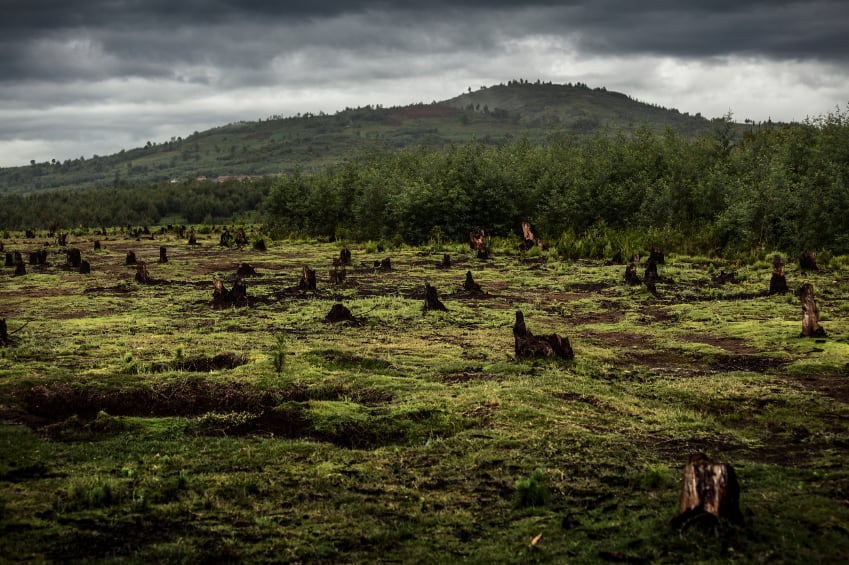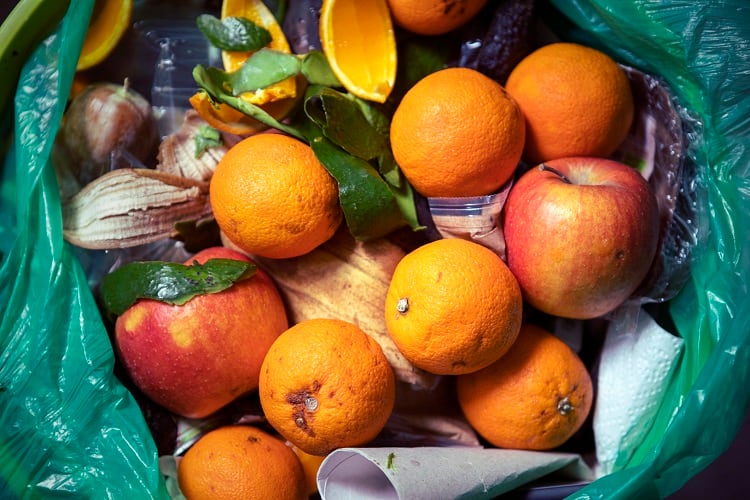Twenty-two consumer goods brands and retailers – including Mars, Mondelez International, Unilever, Cocoa Cola and Nestlé – have committed to implement the new framework in their own operations by 2025 as part of their participation in the CGF’s Human Rights Coalition (HRC). The document lays out aligned actions members will take in their own operations as part of ongoing efforts to fight forced labour.
“Corporations are increasingly committing to and driving responsible business behaviour in line with their responsibilities outlined by the UN Guiding Principles on Business & Human Rights. Part of this responsibility places emphasis on corporations to identify and account for, mitigate and remedy potential human rights impacts. While the UNGPs are voluntary, companies increasingly understand their roles and duties to undertake due diligence of their supply chains and collectively improve outcomes for people within the context of their business activity,” CGF Director of Sustainability Didier Bergeret told FoodNavigator.
The Framework is based on CGF’s Priority Industry Principles, which align with international frameworks including the UN Guiding Principles on Business and Human Rights and International Labour Organization (ILO) Forced Labour Indicators.
These identify the three most problematic, yet often common, employment practices which can lead to cases of forced labour:
• Every Worker should have freedom of movement.
• No Worker should pay for a job.
• No Worker should be indebted or coerced to work.
Unifying against forced labour
Bergeret explained that he believes this aligned, collaborative, approach is the most effective way of tackling systemic supply chain issues. He also stressed that progress needs to be achieved with broad-based stakeholder engagement. “Supply chain issues cannot be tackled alone – they can only be approached through collaboration between businesses, governments, non-profits, and other stakeholders.”
The UN’s Guiding Principles and approaches backed by the European Union, which has committed to tabling an EU-wide human rights due diligence law by June 2021, focus on the supply chain. The HRC approach has a slightly different nuance, the CGF sustainability expert told us. “The UNGPs and upcoming HRDD legislation focus on supply chains, however our HRC companies recognise it is just as essential to carry out HRDD within own operations and focus on our most salient risks, including forced labour, hence our commitment to deploy forced labour focused HRDD in our own operations by 2025.”
The framework was developed through ‘extensive knowledge-sharing’ and consultation with external stakeholders. “Coming together as a group with a common goal and an aligned approach to combat it not only combines resources, but also ensures that there is a consistent and targeted framework. This automatically makes the process a more structured and effective one than one achieved in isolation,” Bergeret claimed.
Transparency, accountability and the ‘data gap’
Currently, the lack of a consistent approach is one of the biggest challenges in assessing and tackling human rights abuses in the supply chain, according to the CGF's assessment. The other, Bergeret continued, is the ‘data gap’.
“While new technologies will be very helpful in bridging this gap, we believe that having a consistent, benchmarking approach to supply chain due diligence is likely to bridge that gap on a wider scale. The more companies that use the framework, the more data we’ll have to work with.”
Bergeret continued: “The fact that Coalition members have committed to driving out forced labour risks in their own operations is a major victory for transparency and accountability efforts in the fight against forced labour. More of both are needed across the board in order to effectively identify and address the systemic drivers of the forced labour challenge.”
From risk assessment to remedial action
HRDD systems are made up of processes that allow businesses to become aware of actual and potential human rights impacts associated with their operations, enabling them to prioritise and manage the areas of greatest risk.
Where human rights abuses and forced labour are identified, corrective action can then be taken.
“As with any HRDD approach, remediation is a key step within the actions taken, when any human rights impacts are identified. If issues are discovered on the ground, the remediation activities will be adapted to the local context and in line with the scale of the issue. Delisting suppliers is often the last recourse for a company to take. As in line with the UNGPs, the first step should always be in understanding and engaging to improve the outcomes for everyone involved. Delisting should only be considered when every avenue for recourse has been explored,” Bergeret elaborated.
Extending approach to palm oil
Because the framework focuses on companies' own operations, its implementation spans a variety of commodities. However, CGF said the launch is also a 'critical step' in the development of the Coalition’s Palm Oil Roadmap, which outlines how members will work with select palm oil suppliers to implement HRDD systems and address forced labour risks specific to the sector.
“The HRDD Framework focuses on targeting forced labour risks in member companies’ own operations. We have taken the same framework and replicated it to address forced labour risk in palm oil supply chains to address issues at all levels of the value chain,” Bergeret explained.
“The palm oil roadmap will focus on deploying this approach amongst selected suppliers to understand how HRDD can be effectively implemented amongst suppliers; cascaded upstream to less visible parts of the supply chains; and in the long term scaled up and hopefully expanded to other commodity supply chains.”
The 22 members joining today’s announcement are: APP Sinar Mas, Danone, Essity, Ferrero, Heineken, L’Oréal, Mars, Inc., Marks and Spencer, McCormick & Co., METRO AG, Mondelēz International, Nestlé, PepsiCo, RB, Sainsbury’s, Starbucks, Tesco, The Coca-Cola Company, The J.M. Smucker Company, The Kellogg Company, Unilever, and Walmart.




